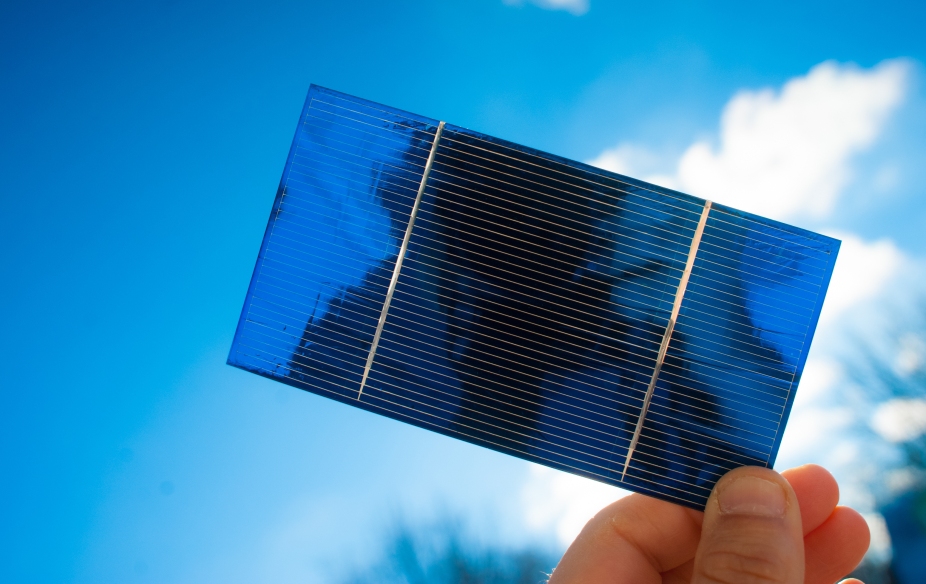Fifteen researchers from Monash University, the University of Oxford, United Kingdom, and the City University of Hong Kong claim to have made a breakthrough to improve the reliability and efficiency of perovskite solar cells (PSC).
A new paper in Nature, “Water and heat activated dynamic passivation for perovskite photovoltaics,” reveals a novel strategy to enhance the stability and performance of PSCs through a mechanism described as “self-healing.”
Study co-author and Monash University Research Director Professor Udo Bach said the work addresses critical issues related to defect passivation in perovskites that have hindered widespread adoption of the promising technology.
“Our slow-release strategy represents a significant advancement in the field of perovskite photovoltaics. By slowly releasing the passivating agents into our perovskite material, we have been able to produce solar cells not only with enhanced performance but also extended long-term stability under real-world conditions.”
The innovating agent the researchers developed dynamically heals the perovskite layer when exposed to environmental stressors such as moisture and heat, ensuring sustained device performance and longevity.
The game-changing approach resulted in solar cells with 25.1% power conversion efficiency and remarkable stability under 1,000 hours of accelerated ageing tests at 85 C and simulated solar illumination.
“This breakthrough could pave a way for more reliable and efficient perovskite solar cells contributing to the global transition towards sustainable energy solutions,” Bach said.
Highly efficient, lightweight, and cheap, perovskite solar cells are expected to play a leading role in the future of solar energy production. Making them more durable and understanding how to produce them on a larger scale is now a focus of global research.
This content is protected by copyright and may not be reused. If you want to cooperate with us and would like to reuse some of our content, please contact: editors@pv-magazine.com.



By submitting this form you agree to pv magazine using your data for the purposes of publishing your comment.
Your personal data will only be disclosed or otherwise transmitted to third parties for the purposes of spam filtering or if this is necessary for technical maintenance of the website. Any other transfer to third parties will not take place unless this is justified on the basis of applicable data protection regulations or if pv magazine is legally obliged to do so.
You may revoke this consent at any time with effect for the future, in which case your personal data will be deleted immediately. Otherwise, your data will be deleted if pv magazine has processed your request or the purpose of data storage is fulfilled.
Further information on data privacy can be found in our Data Protection Policy.